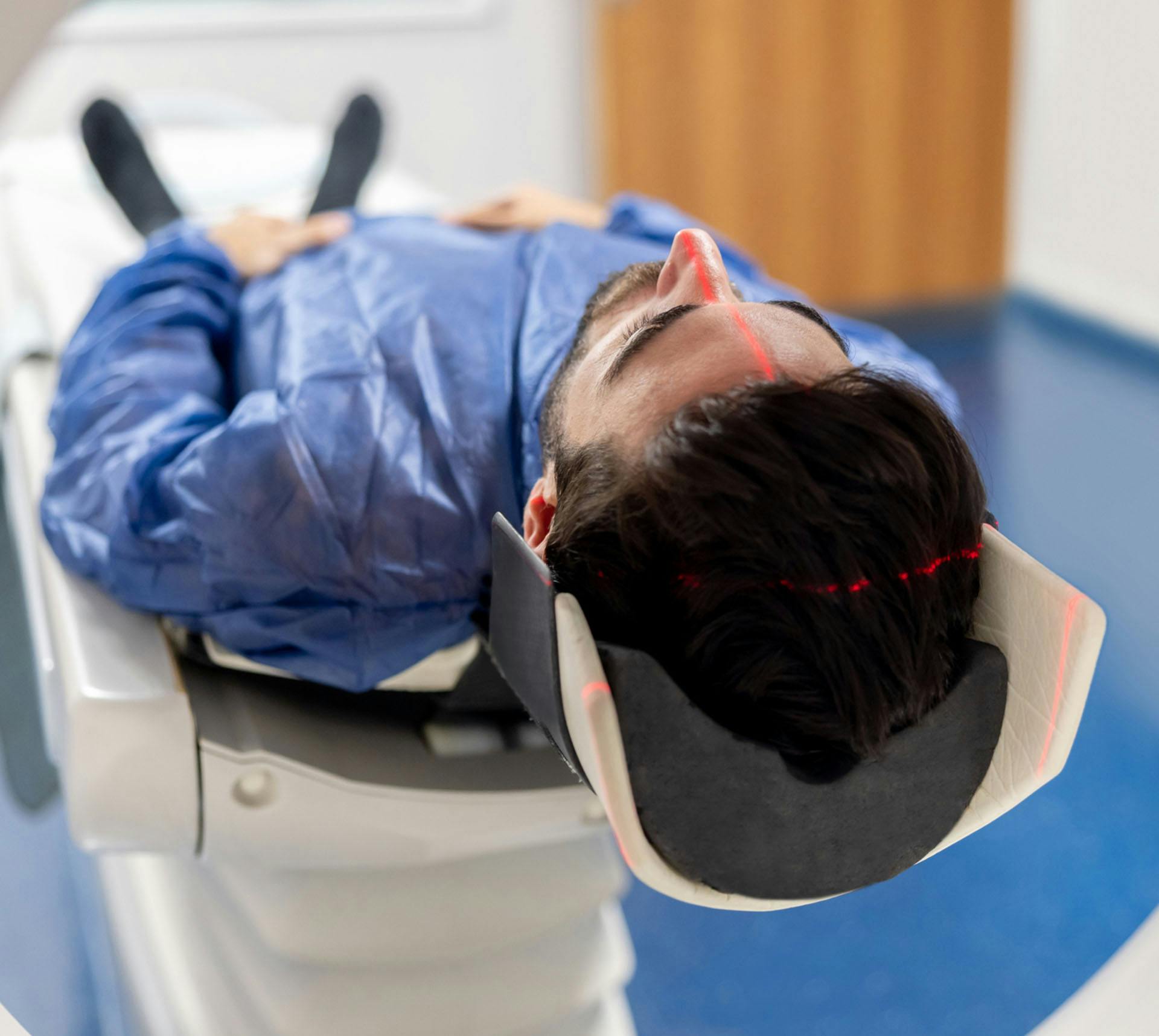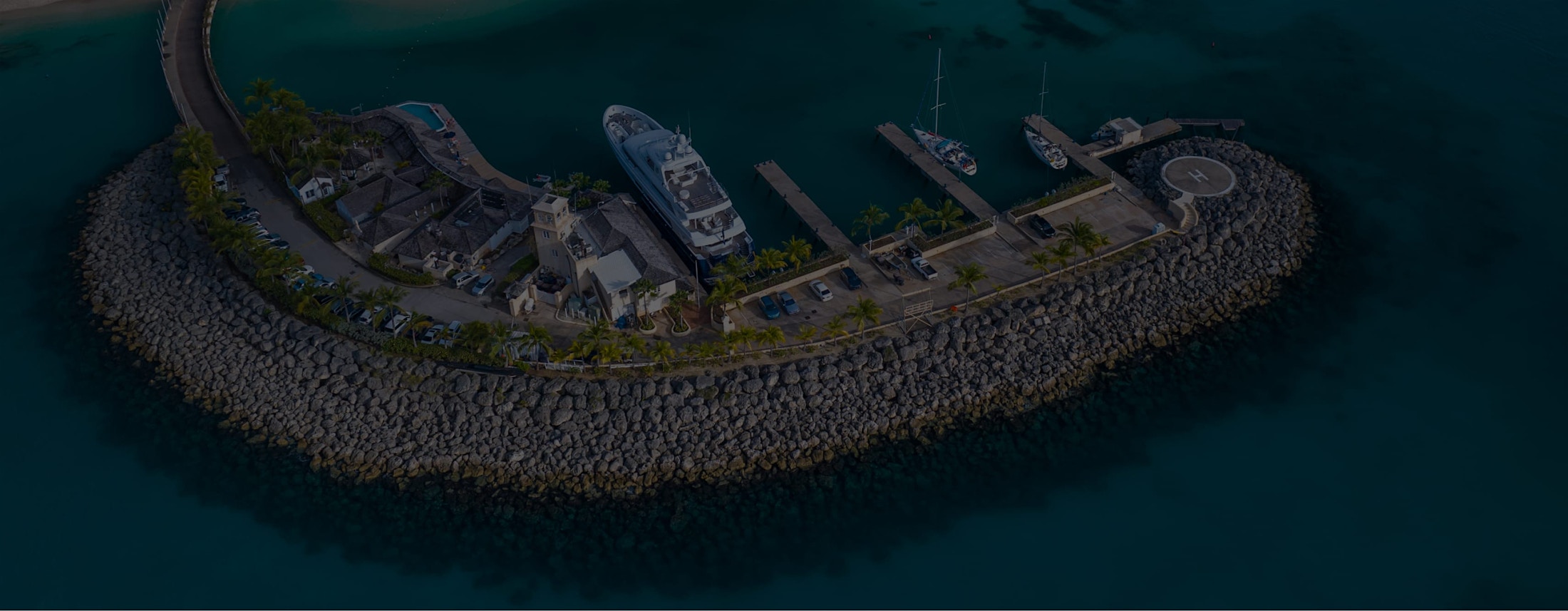Of all the types of injuries that can result from an accident, an injury to the brain is one of the worst possible traumas a person can sustain. Oftentimes, brain injury victims require long-term medical care and treatment. In the most severe situations, the victim may never fully recover and will suffer lifelong disabilities.
Brain injuries are complex and medical professionals will tell you that no two brain injuries are ever the same. Some injuries may only impact one section of the brain, whereas others can damage multiple regions or all areas of the brain. Regardless of the precise location of the injury, life after a brain injury can be very difficult. The brain is slow to heal and recovery can be a very confusing and emotional time for the survivor, family, and friends.
If you or someone you love has sustained a brain injury caused by the negligence or carelessness of another, it is important to seek advice from an attorney experienced in handling brain injury cases. The personal injury lawyers at Brais Law Firm have the knowledge and resources to handle these types of complex personal injury cases.
The attorneys within our firm and “Of Counsel” have over 70 years of collective experience trying challenging cases. We know what it takes to get the maximum recoveries for brain injury victims and we will do everything we can to protect your rights and obtain the compensation you deserve. We encourage you to take some time to review the information below about brain injuries and we invite you to schedule a consultation with a Miami brain injury lawyer at our firm to discuss your specific situation.









